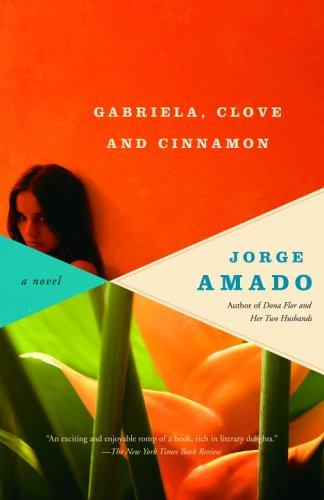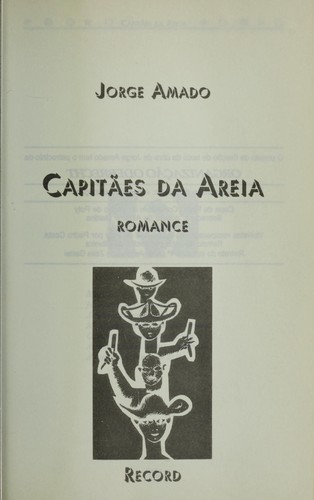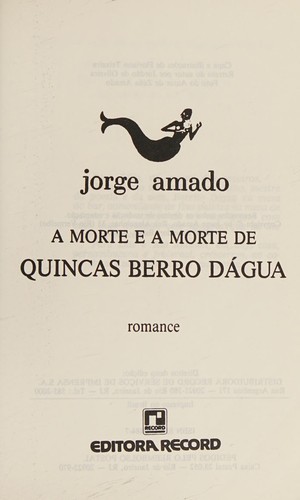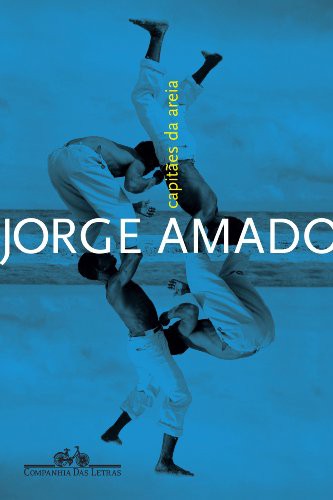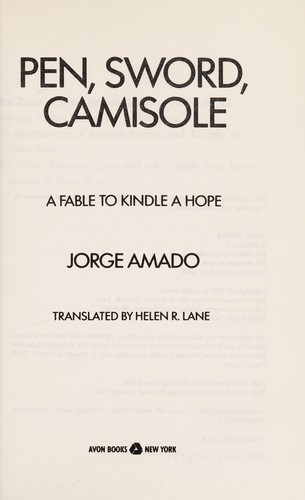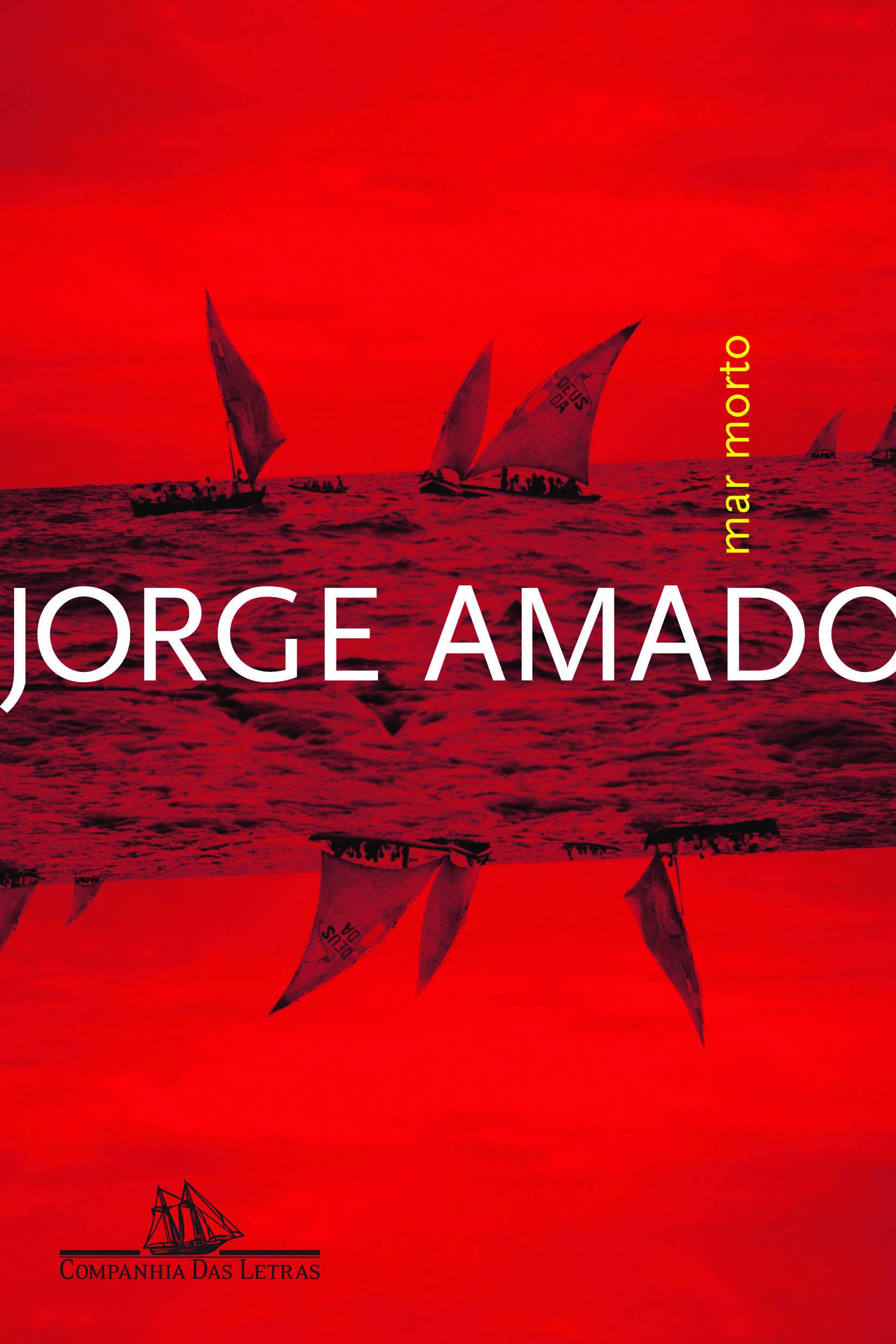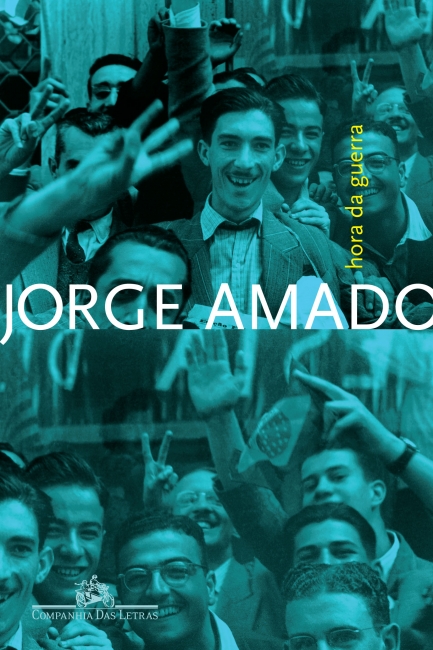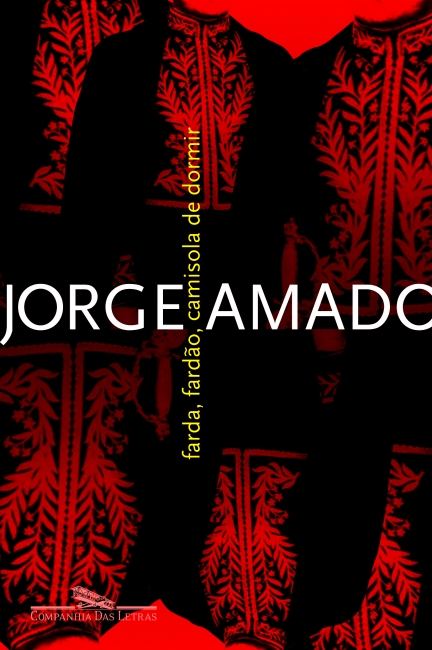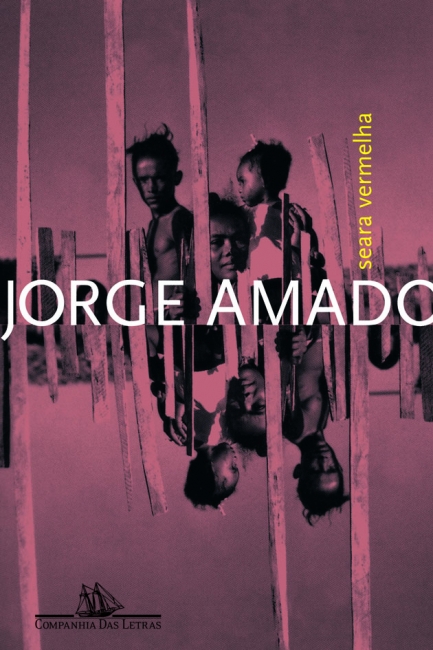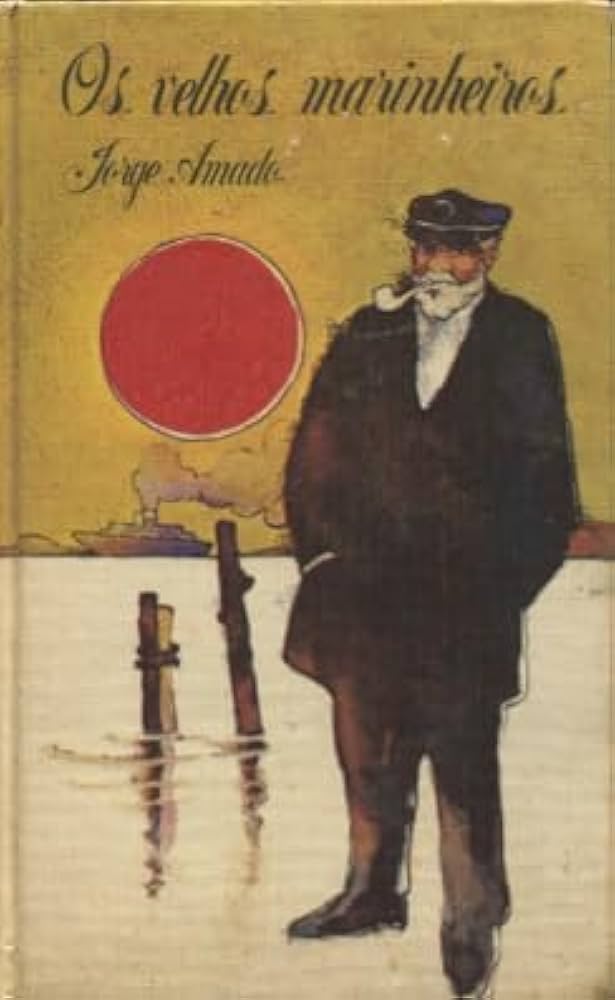Jorge Leal Amado de Faria (10 August 1912 – 6 August 2001) was a Brazilian writer of the modernist school. He remains the best known of modern Brazilian writers, with his work having been translated into some 49 languages and popularized in film, notably Dona Flor and Her Two Husbands in 1976. His work reflects the image of a Mestiço Brazil and is marked by religious syncretism. He depicted a cheerful and optimistic country that was beset, at the same time, with deep social and economic differences. He occupied the 23rd chair of the Brazilian Academy of Letters from 1961 until his death in 2001. He won the 1984 International Nonino Prize in Italy. Jorge Amado also was Federal Deputy for São Paulo by Brazilian Communist Party (PCB) between 1947 and 1951.
Jorge Amado
Author details
- Aliases:
-
Жоржи Амаду, Žoržė Amadas, Zjorzji Amadu, and 44 others
Jorjï Amadw, Ժորժի Ամադու, Χόρχε Αμάντο, ჟორჟი ამადუ, Jūrjī Amādū, Zhorzhi Amadu, Amado, Horhe Amado, Жоржі Амаду, ジョルジェ・アマード, ז'ורז'ה אמאדא, ז'ורג'ה אמדו, ז'ורז'י אמאדו, Gioocgi Amado, Jorge Leal Amado de Faria, Jorge Amado, ח'ורח'ה אמאדו, J アマード, Žorži Amadu, 若热·亚马多, آمادو، جورج،, ח'ורח'ה אמדו, ژورژه آمادو, ジョルジェ アマード, Žorž Amado, ז'ורג'ה אמאדו, 조르지아마두, Faria, Gioocgi Amađô, Žorže Amado, Jorge Amado de Faria, Jorji Amadu, Gioocgi Amadô, Žorži Amado, Batista, ז'ורז'ה אמדו, جورجىي امادۋ, Ǧūrǧī Amādū, Jorge Amáu, Georgius Amado, 조르지 아마두, جورجي أمادو, خورخي أمادو, جورجي آمادو، - Born:
- Aug. 17, 1912
- Died:
- Aug. 17, 2001

